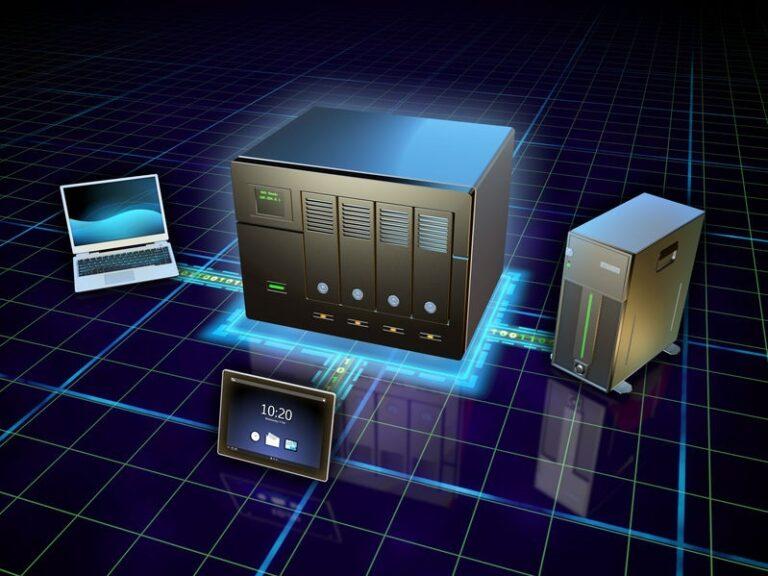Many people in today’s world are concerned with conserving and sustaining the resources that energy management services serve. These services aim at decreasing energy consumption and expenditure and enhancing sustainability. Thus, to extract the maximum benefit from energy management, one should have knowledge of good practices in this sphere.
Understanding Energy Management Services
Energy management can be defined as the process of supervising energy utilization or the usage of energy in structures or establishments. The objective is to minimize energy usage while at the same time striving for, or at least achieving optimal performance. Such an approach results in a considerable reduction in costs as well as the preservation of the environment. Key components of energy management services include:
Energy Audits: This involves scheduling surveys to recognize instances where energy is being consumed unproductively and where it is possible to cut down on consumption.
Efficiency Upgrades: Measures including Changing to more efficient lighting and HVAC systems to cut on energy consumption.
Monitoring and Reporting: Measuring energy consumption and monitoring the behavior of energy-using systems to see trends and get an idea of the effectiveness of energy conservation efforts.
Energy management best practices
Conduct regular energy audits
This is very important in ascertaining where and how the energy being used in the buildings is being wasted. Ideally, such assessment should involve all round ways in which the energy is being used such as lighting, heating, ventilation, and cooling. This way, this requires pointing at specific locations where the inefficiency can be picked out and worked on.
Implement energy-efficient technologies
Most of those are among the best ways that the individual can cope with the use of energy. Therefore, it is from LED lighting, through proper insulation, to better heating and cooling. As such, using energy-efficient technologies implies not only that energy bills will be lower but also that there will be less carbon emission.
Monitor energy usage
Further, monitoring of energy usage is done constantly to track performance and make evaluations. The effectiveness of energy management systems is that businesses can understand the patterns of energy use and, therefore, implement changes based on facts. They also provide a constant check-up, which allows you to track whether energy-saving measures are successful and can be tweaked if necessary.
Promote energy awareness
Creating awareness among employees about saving energy can cause remarkable changes in the use of energy. It is these tiny things, like switching off the lights when not needed or saving on heaters and fans, that can go a long way.
Set clear energy goals
Having clear energy use targets simplifies the process of driving change and measuring progress. Business goals, therefore, need to adopt the smart approach: specific, measurable, achievable, relevant to the general business strategy, and time-bound. Most of these goals should be reviewed periodically to make sure the energy management strategy is on the right track.
The Role of Facility Management Services
Whereas energy management services are geared towards the effective utilization of energy consumption, facility management services mainly concern themselves with the effective utilization of a building or a facility. Some such services are infrastructural, safety-related, and operational services of the facility. Facility management is the process that cooperates with energy management as it also provides a properly maintained environment in a facility.
Facility management services involve:
Maintaining Systems: Examining all systems that are in the building including the heating systems, cooling systems, and lighting systems to confirm their condition.
Operational Efficiency: Stakeholders must manage and coordinate all the activities in this facility to guarantee proper working in every aspect.
Conclusion
Energy management services are critical to the management, conservation, and sustainable utilization of resources. Through energy audits, upgrades to technologies, and monitoring of usage, firms can greatly realize cost reductions and environmental gains. These efforts are supported by facility management services that aim to maintain a building and all the systems that operate it. Integrated energy and facility management services bring about efficiency in the facility’s environmental management.







